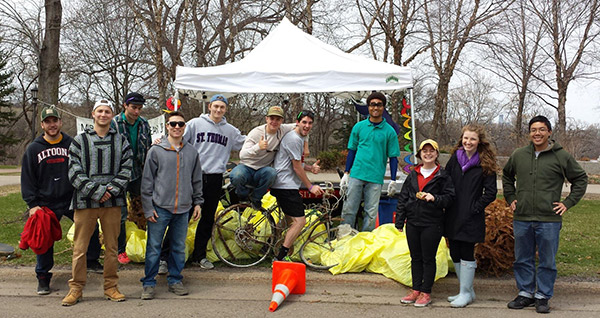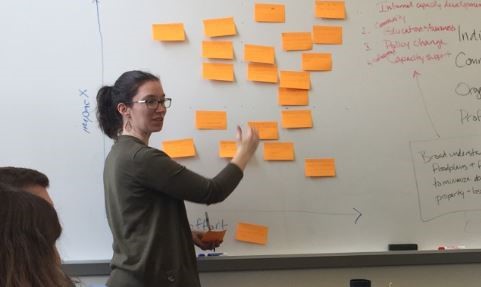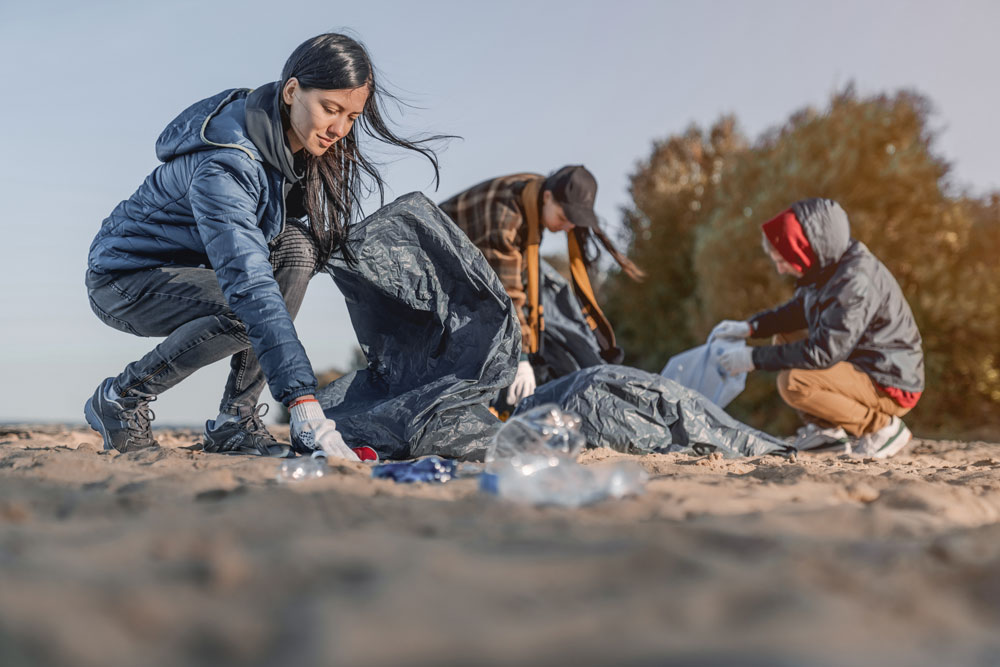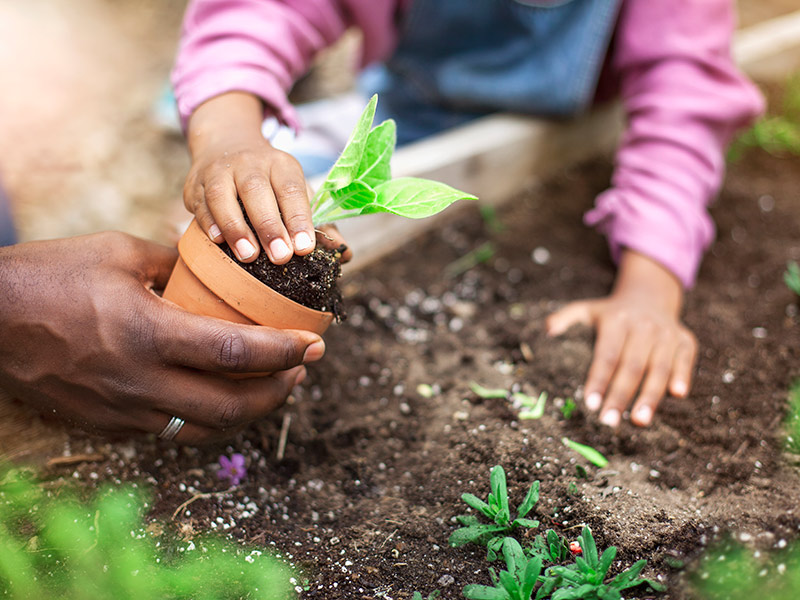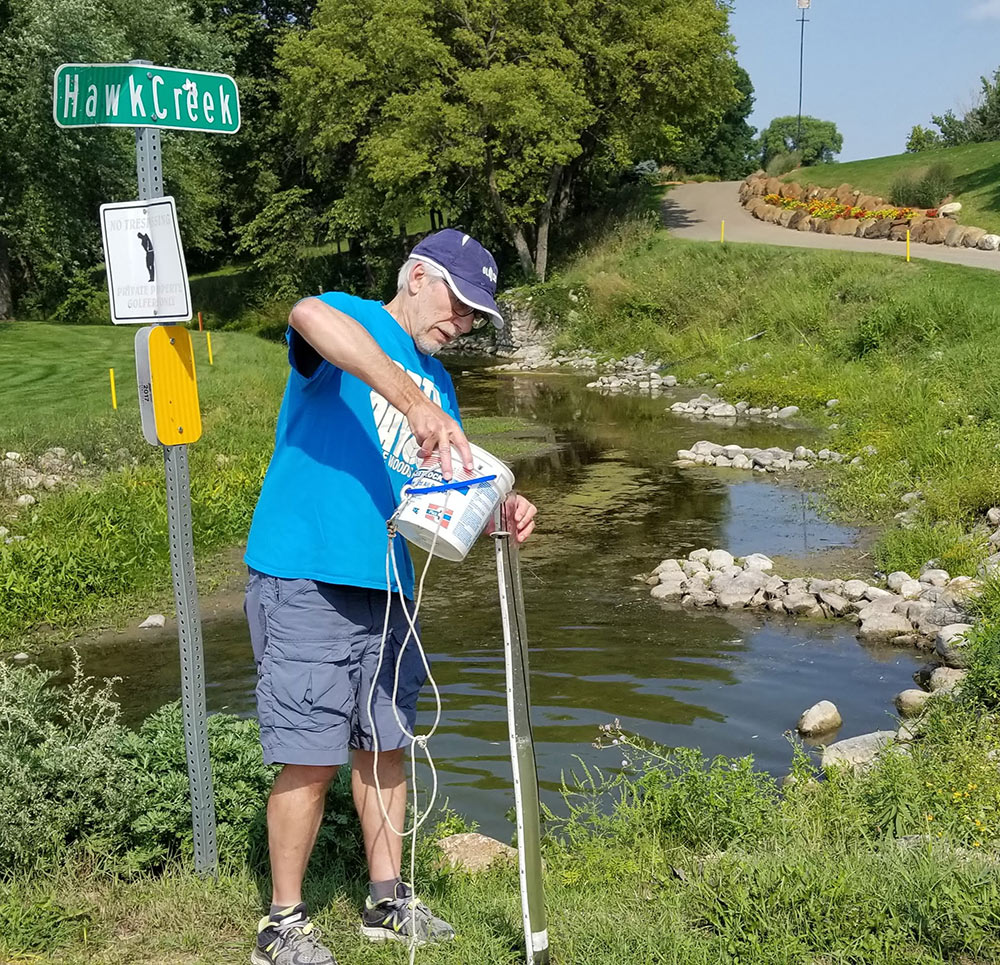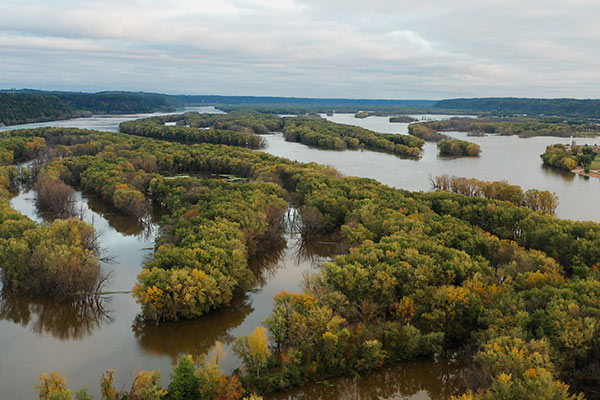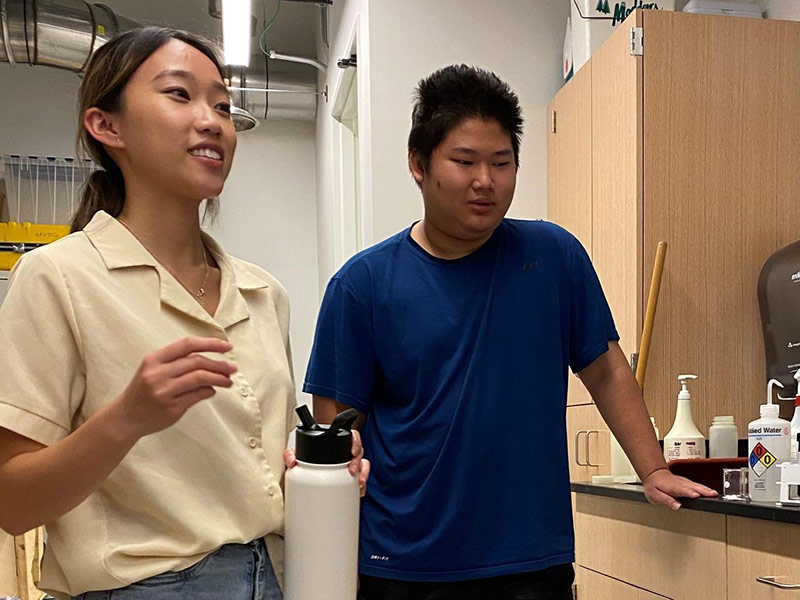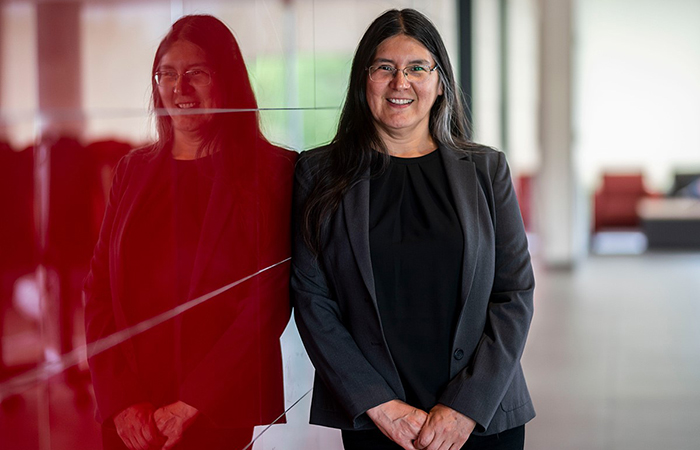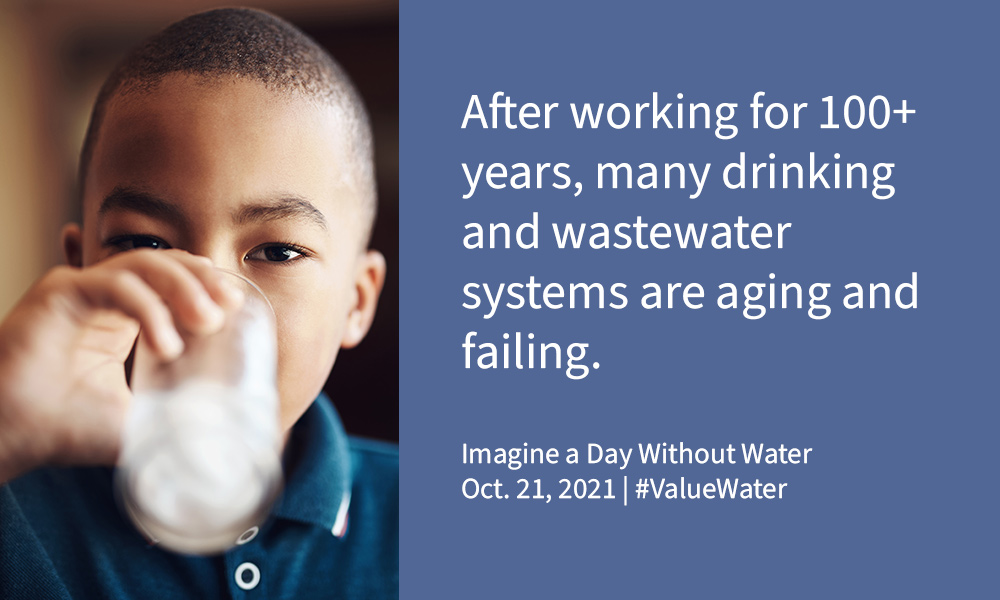Meet a longtime Adopt a River participant: the Green Team
While Adopt a River is a new program for Freshwater, it’s been around and making an impact for 33 years! More than 90,000 volunteers have organized 32,000 cleanups and removed a whopping 6,500,000 pounds of trash from the land and water.
